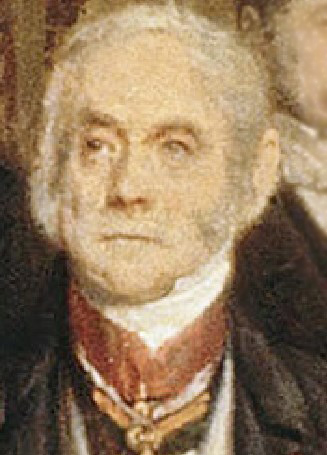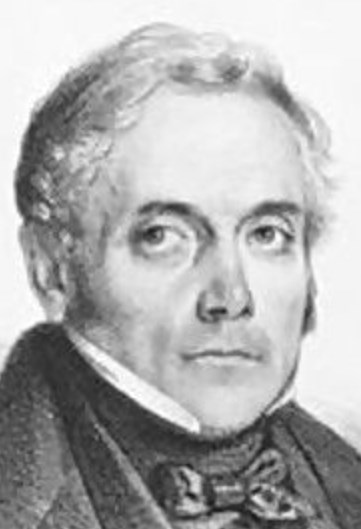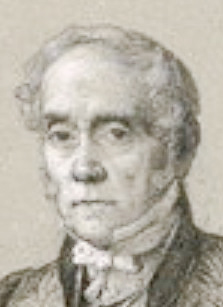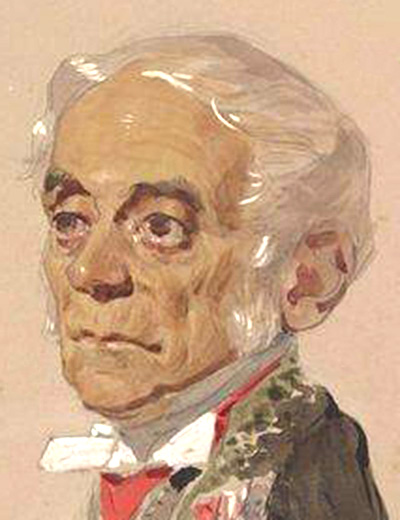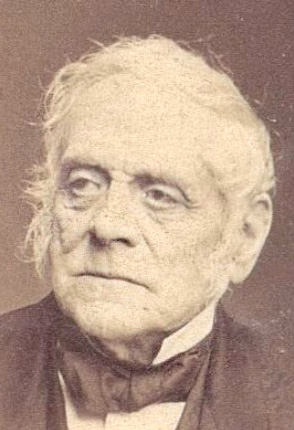Daniel-Francois-Esprit Auber (1782 – 1871), opera composer
1st image: Soirée; 2nd: by Llanta (1850); 3rd: by Heim (1857); 4th: caricature by Giraud at de Nieuwerkerke's soirée (March 30, 1860); 5th: by Halévy (1860).
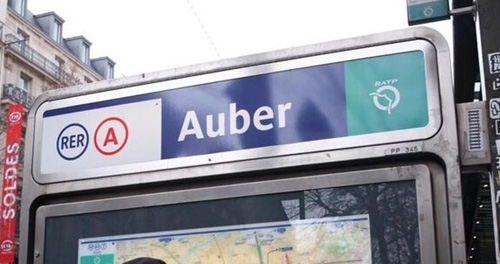
While modern audiences may only recognize his name through the Auber subway station in Paris, his impact on music history is profound. Taught by Luigi Cherubini after a failed attempt by his parents to steer him toward trade in London, Auber blended the Italian styles of Donizetti and Rossini, combining Rossini's depth with Donizetti's grace and wit.
Initially focused on composing for cello and violin, Auber’s shyness led him to publish early works under a friend’s name, Lemarre.
Auber’s most significant creative partnership began in the 1820s with librettist Eugène Scribe74. Together, they produced a steady stream of thirty-nine operas —mainly comedies— over four decades. Their works, characterized by engaging melodies and lighthearted narratives, offered audiences an escape from the turbulent political and economic upheavals of the era. Though Scribe also collaborated with Meyerbeer76 and Halévy19, his partnership with Auber remains unparalleled.
Auber obtained the Legion d’Honneur Commander level in 1847, visible by his cravate rouge, and even became Grand Officier in 1861.
Despite the occasional performance of his overtures alongside lighter compositions by e.g. Johann Strauss, Auber's masterpieces: the tragic grand-opera La Muette de Portici (1828) and Fra Diavolo (1830), are seldom staged today. Auber held to his successful composing structre, and famously sneered, “Wagner is like Berlioz, but without melody.”
His opera La Muette de Portici, addressing a 1647 Neapolitan revolt against Spanish rule, had profound historical resonance. Its August 1830 performance in Brussels reportedly inspired Belgium’s independence from the kingdom of the Netherlands, an event commemorated annually on July 21.
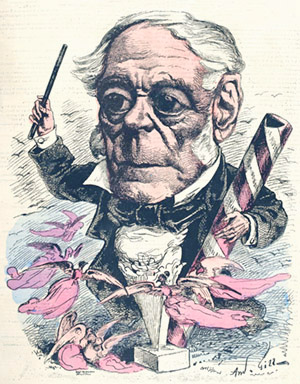
Auber led a highly structured life, balancing his devotion to opera with his passion for horses. He owned an extensive stable and rode daily, considering the Bois de Boulogne sufficiently rural for his tastes.
As director of the Paris Conservatory from 1842, he mentored many young talents. Despite his interactions with muses among his opera singers, Auber remained unmarried, caring for his blind mother for many years.
His timidity extended to his professional life; he avoided conducting his operas yet enjoyed the soirées such as the ones hosted by de Nieuwerkerke16, where his penchant for introducing young attractive sopranos was cumbersome for organizer Pasdeloup12. Thus, caricaturist Giraud11 humorously captured Auber surrounded by young doves.
Living through four wars and revolutions, Auber’s eighty-ninth year was marked by tragedy.
Refusing to leave Paris during the Franco-Prussian War and the Communard rebels, and with his favorite Opera-Comique theatre closed, he refused to take food and succumbed in May 1871.
His home had suffered too many attacks from the Communards and was demolished. His legacy endures as a cornerstone of 19th-century French opera.
